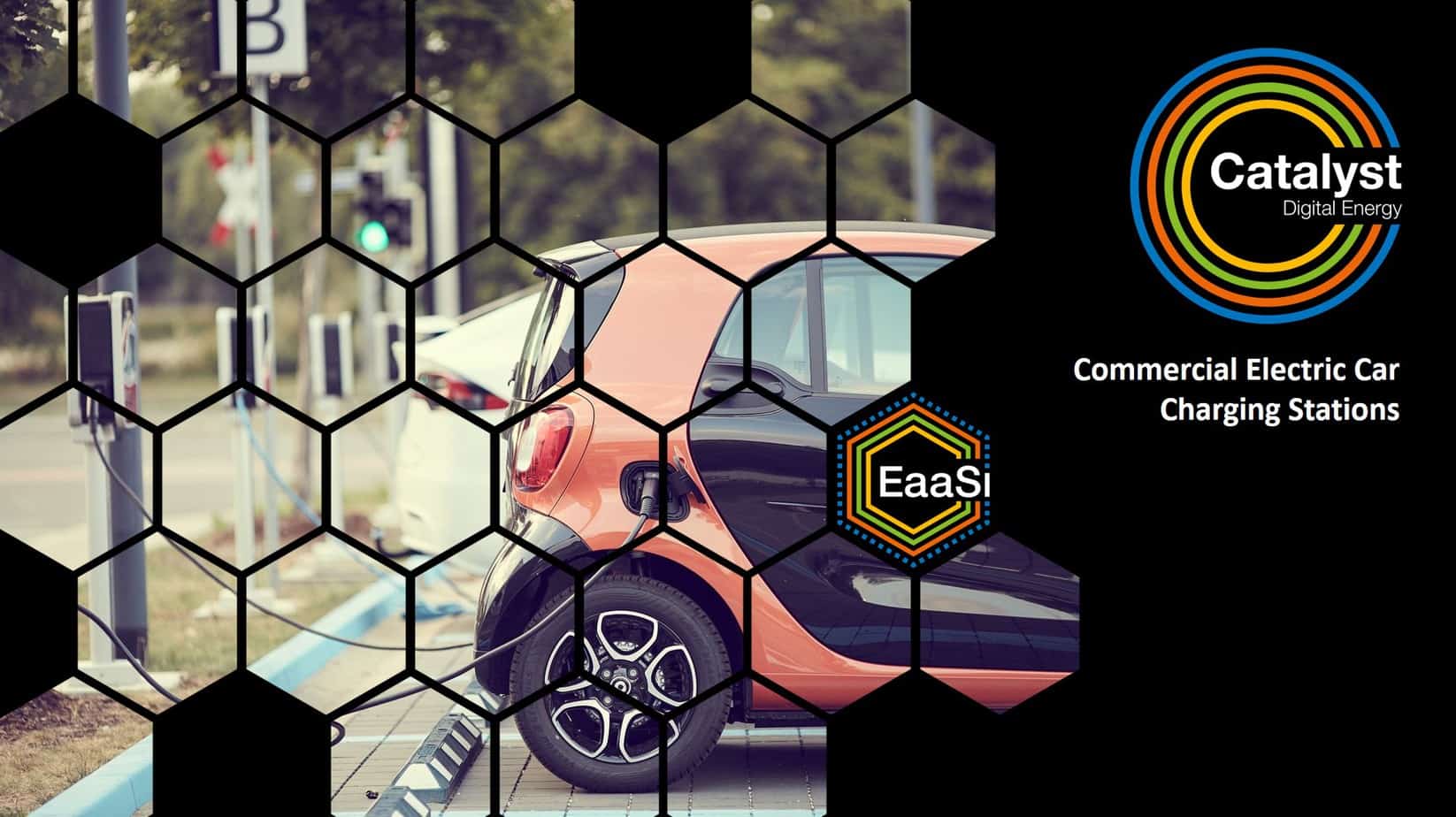commercial electric car charging stationsThe government should also ensure that future price controls facilitate the necessary investment in the electricity grid to accommodate EVs.

NIC calls for roadmap for commercial electric car charging stations
The National Infrastructure Commission (NIC) has called on the government to produce a delivery roadmap for electric vehicle (EV) charging infrastructure and electric car charging points for business to meet the 2030 end to new diesel and petrol car and vans sales.
The government should also ensure that future price controls facilitate the necessary investment in the electricity grid to accommodate EVs. The NIC provides the government with advice on major long-term infrastructure challenges.
The NIC puts forward several priorities for 2021 in its latest Annual Market Monitoring Report, published on 17 February. In addition to the EV roadmap, the NIC would like to see the publication of a comprehensive cross-modal freight strategy in 2021, with a firm commitment to phase out diesel HGVs by 2040.
Detailed decarbonisation plans should be arrived at after consultation with the road haulage and logistics industry. The government should set out proposals for continuous five-year local transport budgets for mayoral authorities in England to continue beyond 2027. There should be a pathway to major urban transport investment in the 2030s.
The NIC also says the government should set out the next steps on heat decarbonisation and the development of a hydrogen industry.
It is crucial that government takes steps to establish a better evidence base for heat pumps and hydrogen boilers before making “challenging and contentious” decisions on the future of heat in the mid to late-2020s. It is essential that current targets for the hydrogen economy are met or exceeded, as large-scale infrastructure is needed in a short timescale.
The energy efficiency of the building stock must be improved; the NIC says this should be a priority for 2021. The government will need to provide clarity to the energy efficiency sector and give supply chains the certainty they need to rapidly scale up.
The NIC accepts the government’s approach of measuring performance improvements rather than number of energy efficiency installations, rebuffing the NIC’s original recommendation of targeting 21,000 installed measures per week. But the NIC says the government still must set a clear target, commensurate with the NIC’s ambition.
The government should set out the details of the revenue mechanisms that will be required to encourage private sector capital into deploying the technologies needed to meet the net zero target. The model of economic regulation framework must also evolve to facilitate the investment required for net zero.
The establishment of the new infrastructure bank has the potential to accelerate the development of new technologies needed to achieve net zero. It should provide early-stage risk capital and act as a catalyst for additional private sector investment into commercial electric car charging stations.
About Catalyst
Catalyst Digital Energy is an award-winning energy consultancy with a focus on digital energy services, total energy contract lifecycle management and energy management services. It is revolutionising how businesses manage energy with its unique Energy Spend Management Platform, which is powered by Robotic Process Automation (RPA) EaaSi®.
Catalyst is digitising all aspects of energy, including billing, data, consumption, spend, payments, procurement and emissions reporting. When combined with its fully funded renewable energy solutions, Catalyst offers a unique and powerful approach to managing energy.
